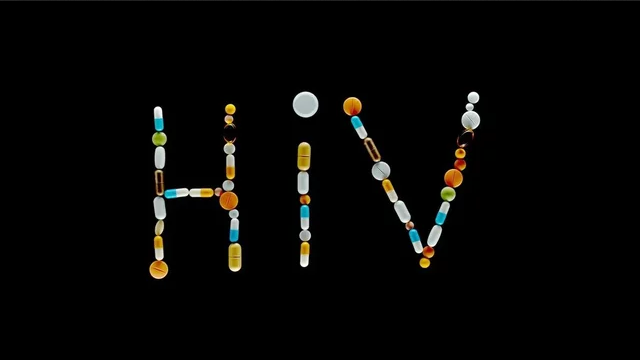
The potential of an HIV drug, maraviroc, in clearing toxic proteins linked to neurodegeneration has been uncovered by researchers….CONTINUE READING
at the University of Cambridge. The drug has shown promise in clearing out toxic proteins associated with Huntington’s disease and a specific form of dementia.
According to the study, mice genetically engineered to have dementia showed a restoration in the brain’s capacity to eliminate toxic protein clusters when treated with maraviroc. This resulted in a reduction in brain cell death and a deceleration in memory loss. The study suggests that the use of the HIV
drug as a therapy for neurodegenerative disorders is a possibility.
While the researchers acknowledged that it’s premature to conclude that the drug can prevent dementia or Huntington’s disease in humans, they emphasized that it has identified a biological pathway that leads to neurodegeneration and could potentially offer a means to impede it.
As said in the release
, neurodegenerative conditions like Huntington’s disease and dementia are characterized by the accumulation of harmful proteins in the brain due to the breakdown of the body’s natural autophagy process.
Researchers have found that microglia, immune cells in the brain, become activated and release molecules that activate the CCR5
receptor located on neurons’ outer surface. When CCR5 is activated, it interferes with autophagy, causing the accumulation of toxic protein clusters. This leads to a feedback loop, resulting in the activation of even more CCR5 receptors….CONTINUE READING